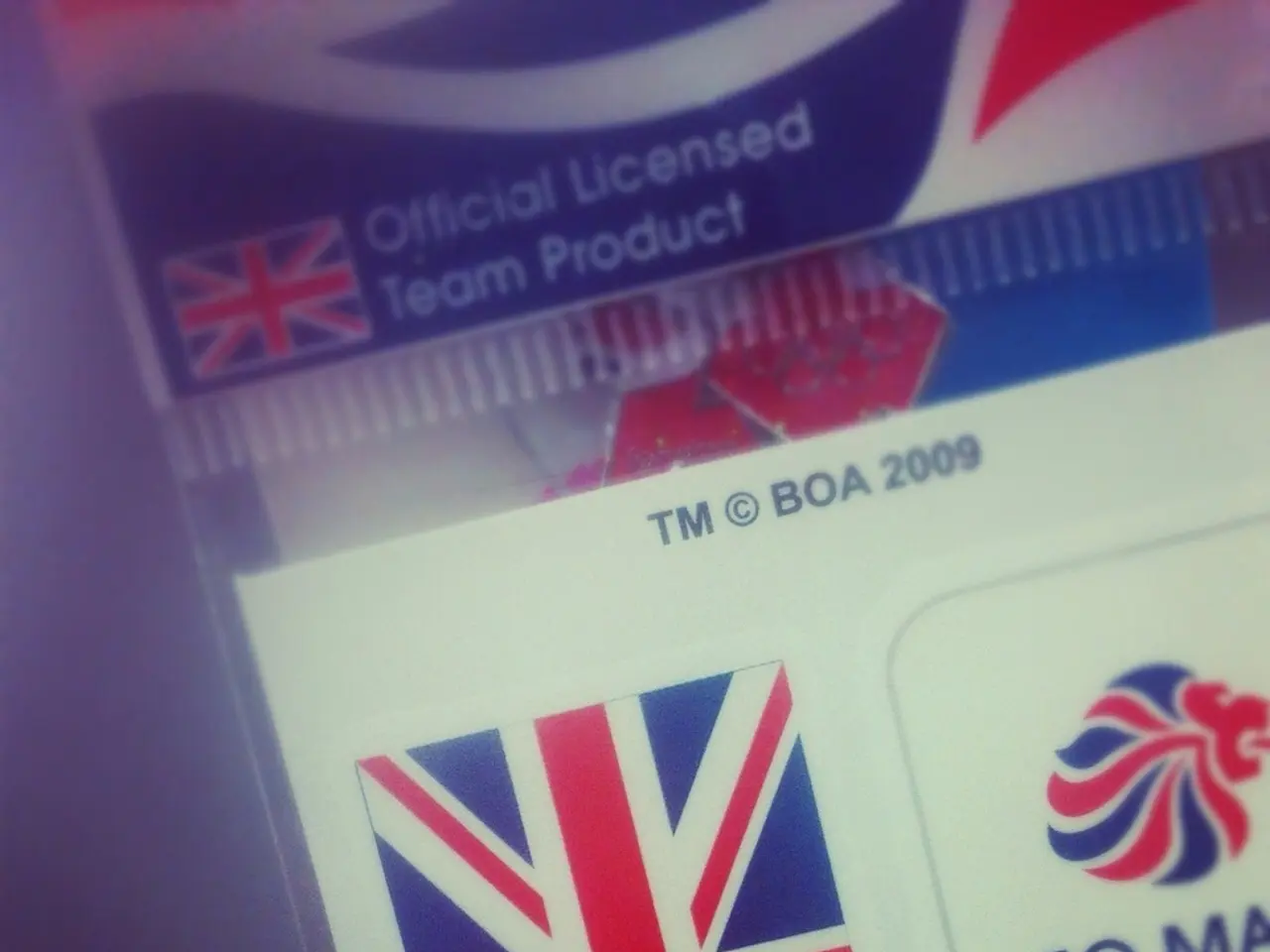Drones Operators Face Legal Consequences for Disobeying Regulations in the U.S.
Drone Regulations: A Comprehensive Guide for U.S. Operators
In the United States, the Federal Aviation Administration (FAA) is responsible for enforcing drone regulations in U.S. airspace. Operators must adhere to these regulations to avoid penalties and ensure safe and legal drone operations.
To check for airspace restrictions and no-fly zones, operators can utilize resources like the FAA's B4UFLY app. Temporary or permanent bans on operating drones in certain areas or under specific conditions may be imposed for flying a drone in restricted or controlled airspace without authorization.
Violations of FAA regulations can result in civil fines ranging from $1,000 to $27,500. For willful or reckless violations, criminal penalties can include fines up to $250,000 and imprisonment for up to three years. In cases of unauthorized flights, failure to register a drone, or operating in restricted airspace, the FAA can impose civil fines up to $27,500.
The FAA has the authority to suspend or revoke a Remote Pilot Certificate for violations of regulations. For instance, a drone operator in California was fined $20,000 in 2018 for multiple violations, including flying over people and operating in restricted airspace near an airport without authorization.
Local governments can also enforce penalties for non-compliance with municipal drone regulations. In New York City, authorities fined several drone operators for flying drones in Central Park without permits, emphasizing the city's strict regulations on drone use in public spaces. Similarly, in San Francisco, a drone operator was fined for flying over a crowded beach, violating local ordinances prohibiting drone flights over populated areas.
State authorities can pursue legal action against operators who violate privacy laws, property rights, or other state-specific regulations. For example, in Texas, a drone operator faced legal action for violating state privacy laws by using a drone to capture images of a private property without consent. In Florida, authorities fined a commercial drone operator for unauthorized surveillance of a residential area, demonstrating the state's strict privacy protections.
In some cases, local authorities may require offenders to participate in community service or educational programs related to drone safety and regulations. Operators in the U.S. should regularly review updates from the FAA, state, and local authorities regarding drone regulations to stay informed and compliant.
The FAA has the authority to impose civil penalties on drone operators who violate FAA-specific regulations in the United States. In 2015, the FAA fined SkyPan International $1.9 million for unauthorized drone flights over Chicago and New York City.
In conclusion, adhering to drone regulations is crucial for safe and legal operations. Operators should always check for airspace restrictions, obtain necessary permits, and familiarize themselves with local and federal regulations to avoid penalties and ensure compliance.







